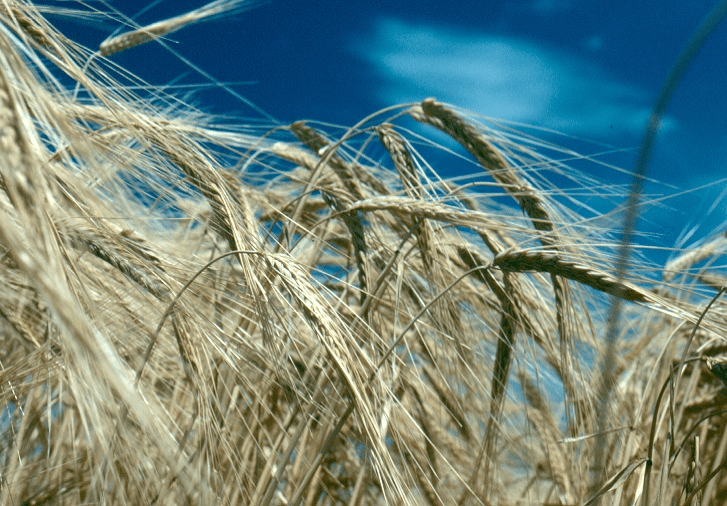The World Trade Organization (WTO) reported that it initiated two panels to examine China‘s duties on barley and the European Union‘s measures on palm oil.
On the one hand, at a meeting of the Dispute Settlement Body (DSB) held on May 28, WTO Members agreed to establish a new panel, at the request of Australia, in relation to anti-dumping and countervailing duties imposed by China on Australian barley.
On the other hand, the WTO established another panel, at the request of Malaysia, in relation to European Union (EU) measures related to palm oil and biofuels based on oil palm crops.
Indeed, Australia submitted its second panel request to determine whether China’s decision to impose anti-dumping and countervailing duties on imports of barley from Australia is consistent with WTO rules.
China blocked Australia’s first request at the last DSB meeting on April 28.
Overall, Australia noted that China is imposing anti-dumping duties of 73.6% and countervailing duties of 6.9% on Australian barley, and that consultations held on January 28 this year and subsequent exchanges of information did not resolve the matter.
As China has not taken concrete steps to respond to its concerns, Australia said it is again requesting the establishment of a panel.
Australia also reiterated that it values its strong economic and community ties with China and remained open to further talks with China on the matter.
Barley
China said it would defend itself vigorously in the proceedings and was confident that the tariff measures would be considered consistent with WTO requirements.
In addition, China added that it was open to continuing talks with Australia on the issue with the aim of reaching a positive outcome.
The DSB agreed to the establishment of the panel.
Canada, the European Union, the United States, India, Russia, Singapore, Norway, the United Kingdom, Japan, New Zealand, Brazil and Ukraine reserved the right to participate as third parties in the proceedings.
The other case
Malaysia submitted its second request for a panel to examine certain measures imposed by the European Union and EU member states with respect to palm oil and biofuels derived from Malaysian oil palm crops.
Malaysia’s first request was blocked by the EU at the April 28 DSB meeting.
Malaysia said consultations held on March 17 with the EU regrettably failed to resolve the dispute, so it was once again submitting its request for a panel to examine the matter.
For its part, the EU said it regretted Malaysia’s decision to renew its request for a panel, but believed that the measures at stake were fully justified and was confident that it would prevail in the dispute procedure.
The EU said it was willing to discuss interim arrangements that would allow a possible appeal to be heard in the dispute, mentioning in this regard the multi-party interim appeal arrangement (MPIA).
Similarly, the DSB agreed to the establishment of a panel.
Thailand, Korea, Brazil, Russia, United Kingdom, United States, Singapore, Guatemala, Australia, Colombia, Indonesia, Japan, Norway, China, Ukraine, India, El Salvador and Canada reserved the right to participate as third parties in the proceedings.
![]()

